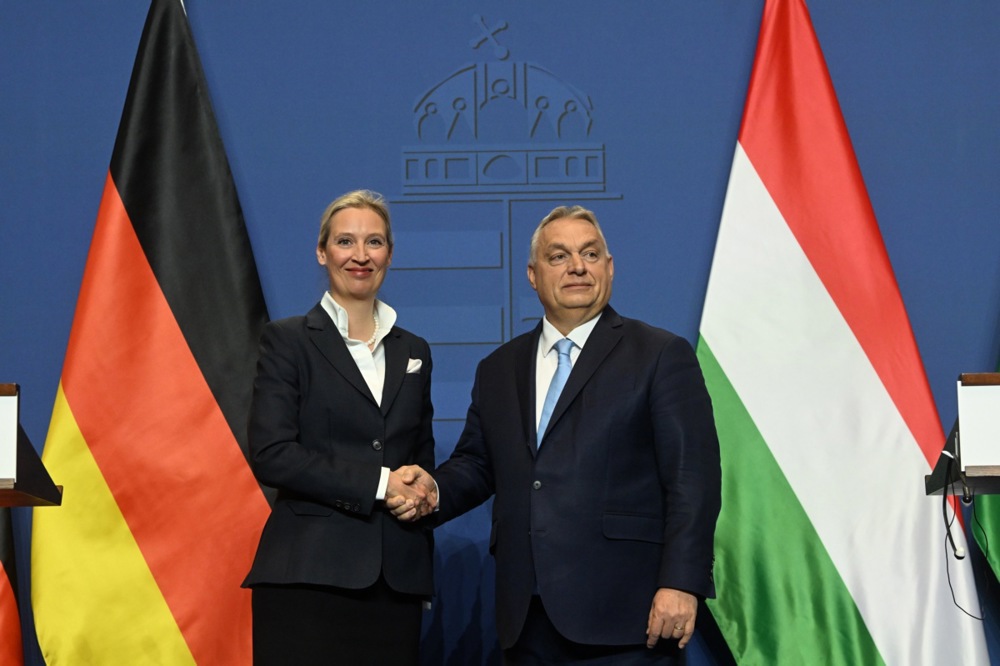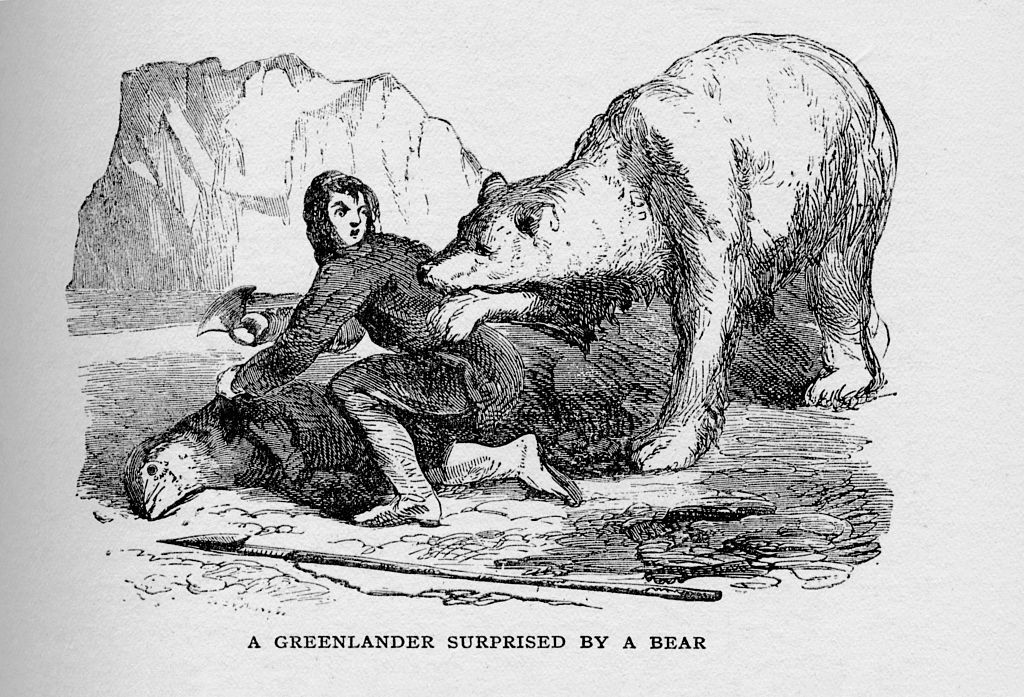After the latest Trump-Putin “pas de deux”, in the ever-evolving theatre of international politics, the diplomatic ballet by European leaders that comes next is anticipated as a captivating performance. Once the unwavering patrons of Ukraine’s sovereignty, EU politicians are now expected to execute a technically demanding U-turn.
The duet between the presidents of the USA and Russia has changed everything overnight. With the elegance of a Las Vegas dealmaker, Donald Trump announced that he and Vladimir Putin agreed to initiate peace talks to end the ongoing war in Ukraine “immediately”. One phone call, a little charm, and suddenly the geopolitical chessboard has been flipped upside down.
Gone is the era of moral crusades and talk of “defending democracy at all costs”. Welcome to the era of cold pragmatism, where the price of principles is dictated by the latest poll numbers.
For the past two years, European leaders have carried the torch for Ukraine, promising — and delivering — unwavering support, heavy weaponry, and boundless solidarity. Yet, as soon as Washington signals a change in course, Brussels seems to be fumbling for an exit. It is almost poetic, how quickly decades of steadfast commitment to “European values” can be adapted when the maestro in Washington changes the tune.
Donald Tusk’s Solo Performance is telling. Few have embodied the “Ukraine First” stance as fervently as the Polish Prime Minister. A man who once positioned himself as the knight in shining armor for Kyiv is now suddenly sounding quite conciliatory indeed.
“All we need is peace. A JUST PEACE. Ukraine, Europe and the United States should work on this together. TOGETHER.” he tweeted only a few hours after the Trump-Putin phone call. This, of course, comes just months after he vowed to be Ukraine’s most vocal advocate. The pivot is impressive — almost worthy of a standing ovation.
One might ask: where was this peace-loving sentiment when European leaders were pouring billions into the conflict and upholding sanctions, badly damaging their own economy? Where was this diplomatic wisdom when talk of total victory was the only acceptable narrative?
Then again, politicians, much like professional dancers, must be light on their feet. So, European capitals have entered a phase of “strategic ambiguity.”
French and German officials, who once insisted that Ukraine must be supported “as long as it takes,” are now suddenly discovering the virtues of compromise. British diplomats, sensing the shift, are cautiously adjusting their rhetoric from “total Ukrainian sovereignty” to “negotiated settlement.” Even the European Commission, which once positioned itself as Kyiv’s unwavering patron, is beginning to sound like a mediator rather than a champion.
To be fair, one cannot blame them. If the US decides to pivot, then Europe, ever the faithful follower, will follow suit. The only ones not invited to this great rebranding of European policy? The Ukrainians themselves. But who needs them when the real power brokers –Trump and Putin — have already decided to talk shop?
This fascinating display of flexibility among European leaders, brought about by the sudden shift in the geopolitical choreography, reminds us of the famous Groucho Marx quote: “Those are my principles, and if you don’t like them, well, I have others.”
For years, Brussels has lectured the world about the sanctity of international law and the importance of standing firm against aggression. Now, it is rediscovering the concept of “realpolitik”. The old talking points about “defending the rules-based order” are being replaced with discussions about “acceptable concessions” and “long-term stability.”
As European politicians prepare to embrace a whole new direction, one understands that in the world of geopolitics, consistency is often overrated. What is important is staying relevant. If that means performing a graceful U-turn, then so be it. And if it requires a touch of irony, or even satire, well, all the better to keep things interesting.
Perhaps this episode serves as a reminder that in politics, as in fashion or the arts, trends come and go. What is certain, though, is that it is yet another testament to the European lack of spine. For the EU, apparently, conviction is only as strong as the latest shift in Washington’s mood.





Ready for an ‘abomination?’ In American history, tariffs have consequences